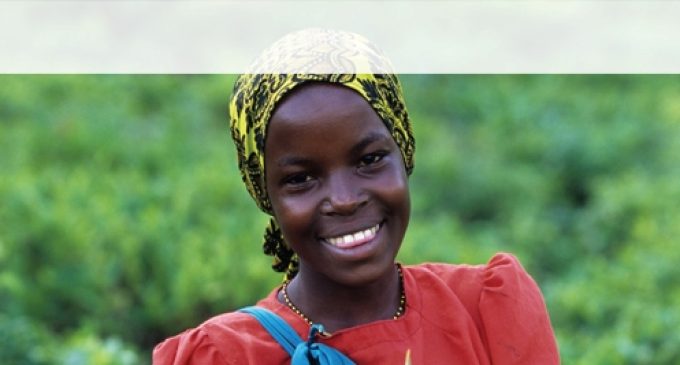Double Digit UK Growth For Fairtrade Products

Estimated retail sales of Fairtrade products in the UK reached £1.32 billion in 2011, a 12% increase on sales of £1.17 billion in 2010. Cocoa and sugar have all seen significant growth with increases respectively of 34% and 21% over 2010. Bananas, coffee, tea are all showing steady growth. Critically, this means that Fairtrade Premiums, the extra that producers receive for business or social development, increased by over 10% in 2011 compared with 2010.
The sugar and confectionery industry is leading the way as businesses are stepping up more than ever to meet sustainability challenges, and deliver a better deal for small-scale farmers and workers, and enable them to take their own steps towards a better future.
“Fairtrade is an example of responsible capitalism in action. We believe that responsible businesses are those who don’t just tackle the company bonuses at the top – but take steps to ensure a fairer deal for the workers and farmers at the bottom of the supply chain too,” says Harriet Lamb, executive director of the Fairtrade Foundation. “The commercial reality is that forward-thinking companies are showing leadership in committing to Fairtrade, realising that, as well as it being the right thing to do, they need to invest in smallholders, developing better, longer-term relationships, to ensure the future supply of commodities like cocoa, coffee, sugar, tea, fruit and more.”
For instance, Fairtrade’s share of the UK retail bagged sugar market is about to increase to 42%. Morrisons supermarket is converting its entire range of sugar to Fairtrade, supplied by Tate & Lyle Sugars. This newest move by Morrisons builds on existing commitments to Fairtrade sugar by Tate & Lyle, which became the first major retail brand to convert to Fairtrade in 2008, as well as retailers The Co-operative, Marks & Spencer, Waitrose, Sainsbury’s, Tesco and their major suppliers. The ambition is to get to 50% of retail market share.
Brand manufacturers have also committed to Fairtrade sugar – like pioneering chocolate company Divine Chocolate and the nation’s favourite chocolate treats, Cadbury Dairy Milk and Kit Kat four-finger, with Maltesers also switching later this year. And ice-cream companies are also using Fairtrade sugar – like Ben & Jerry’s which has been rolling out a plan to convert all its ice-cream to Fairtrade this year. Many cafe and restaurant chains, and catering suppliers again use Fairtrade sugar, with commitments from Sodexo, Aramark and Compass. The Fairtrade campaign will receive another boost in the summer through the Food Vision for the London 2012 Games, which includes a commitment for caterers to use Fairtrade sugar across all venues.
While sugar is one of the most valuable globally traded agricultural commodities, above coffee and cocoa, too many sugar cane producers remain in dire poverty and sugar production in many parts of the world is becoming unsustainable because of lack of investment in farming methods and support for farming communities. With impending EU sugar reforms looming which will jeopardise access to European markets for some of the world’s poorest sugar producing countries, poverty in sugar growing communities is threatening to increase. The phenomenal growth in Fairtrade in recent years has had a significant impact in helping farmers deal with the challenges they face, and is likely to mitigate some of the worst effects of the EU sugar reforms. Research on Belize Sugar Cane Farmers Association (BSCFA), which supplies Tate & Lyle, and Kasinthula Cane Growers Association (KCG) in Malawi, which also supplies the UK Fairtrade sugar market, shows Fairtrade is one of the strongest tools available to farmers, leading to: improved productivity, better environmental management, and social benefits through premiums.

































